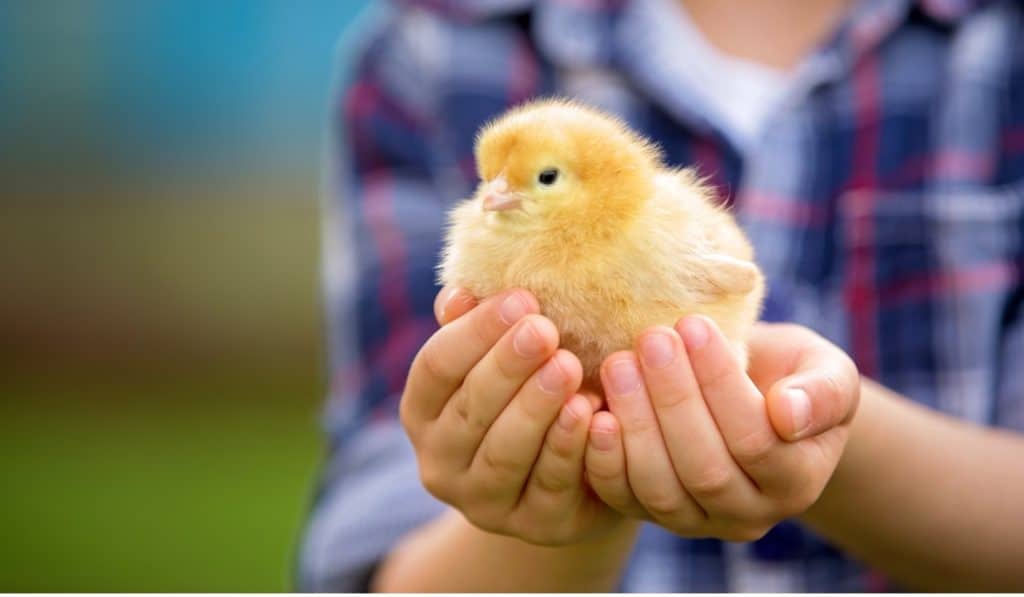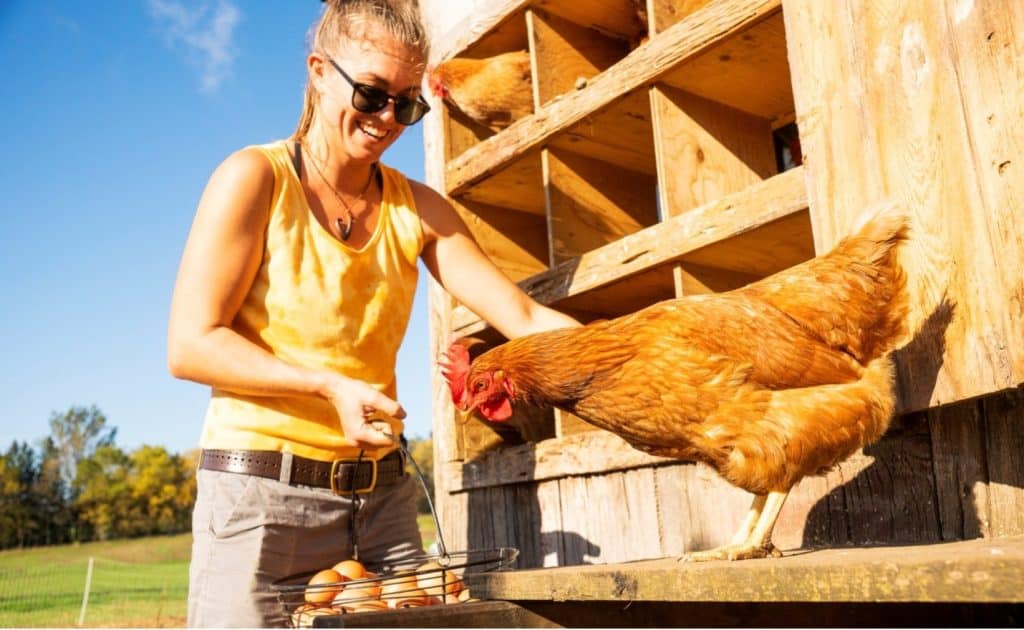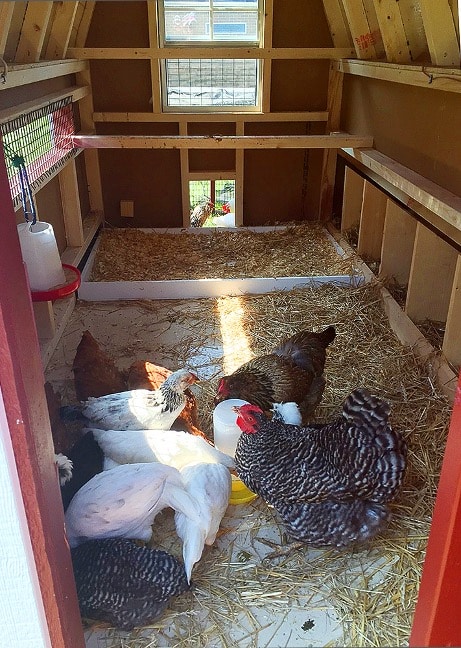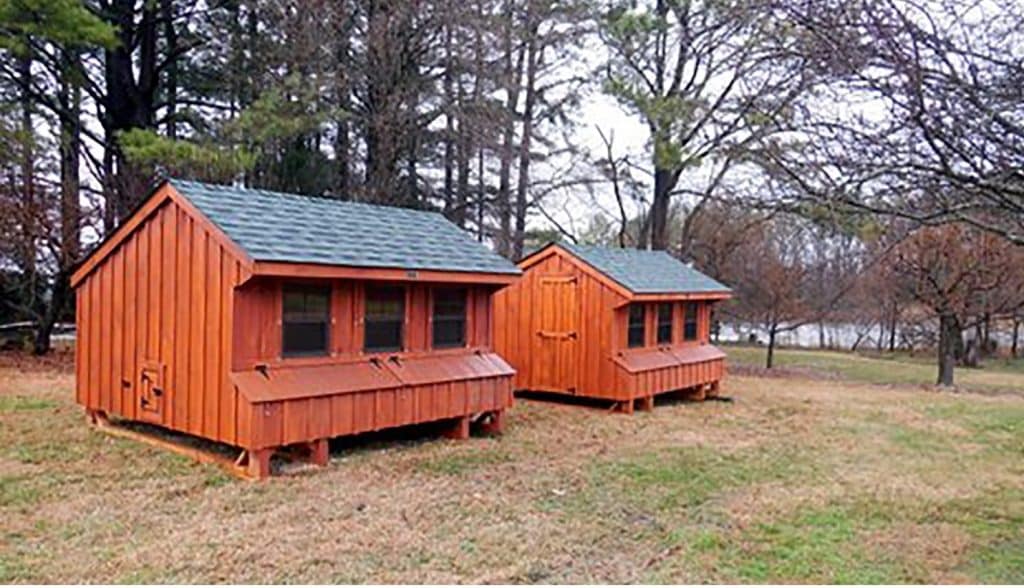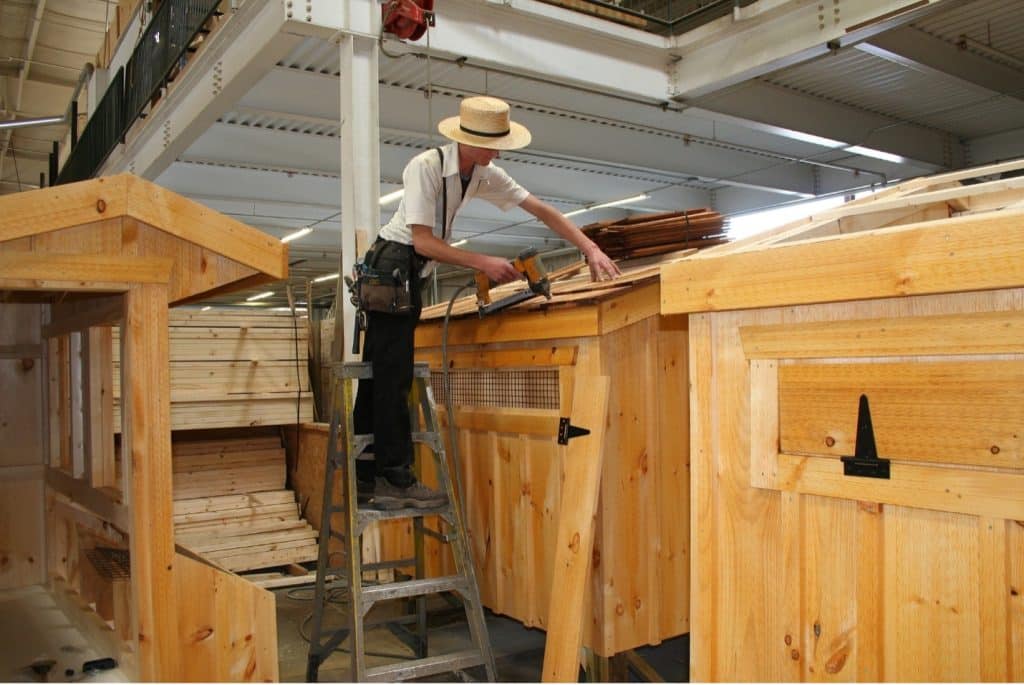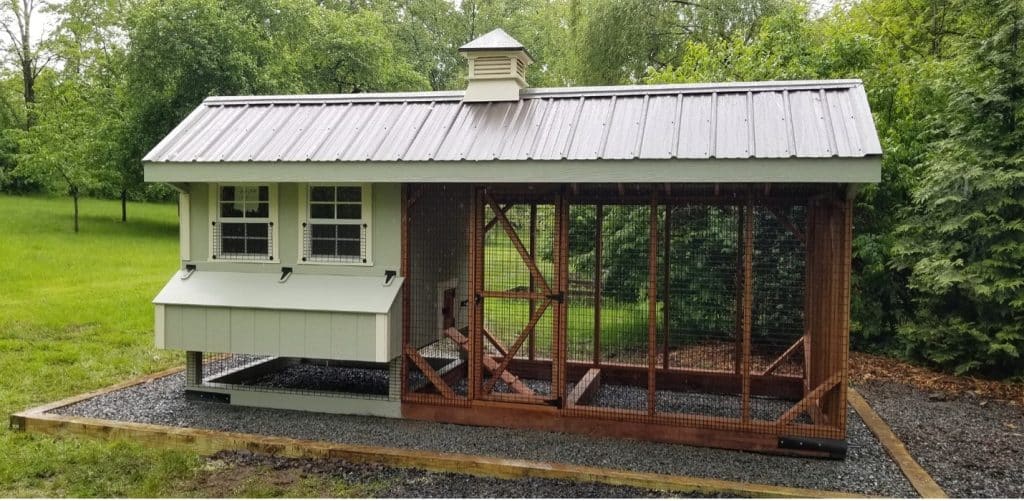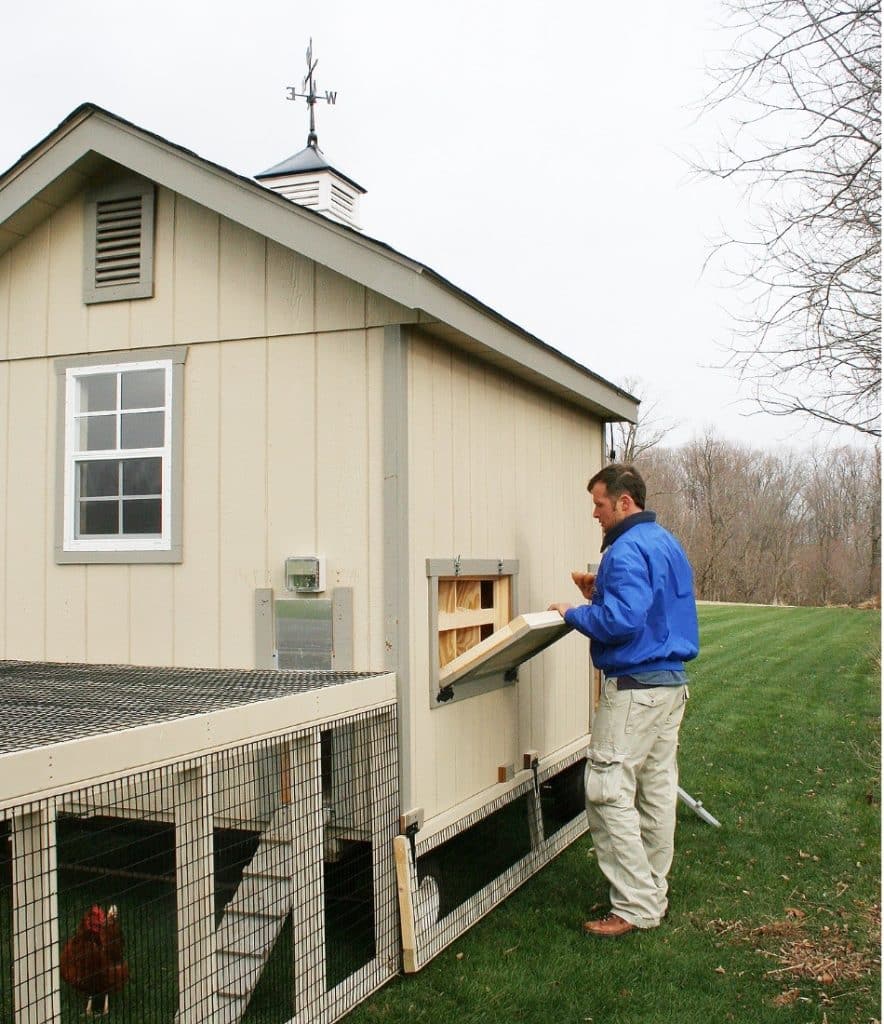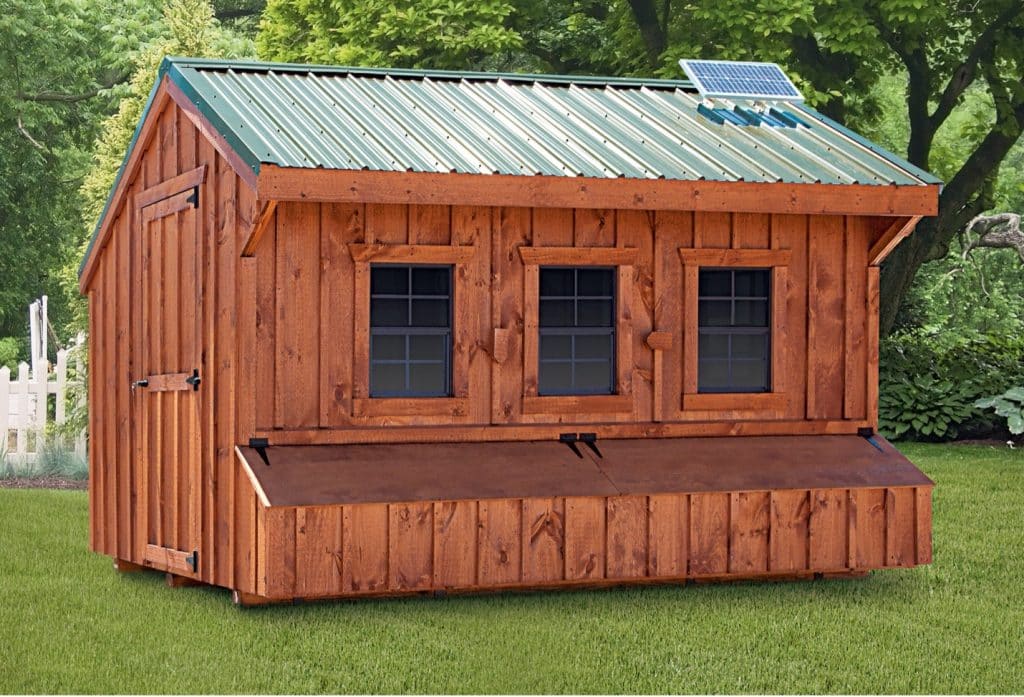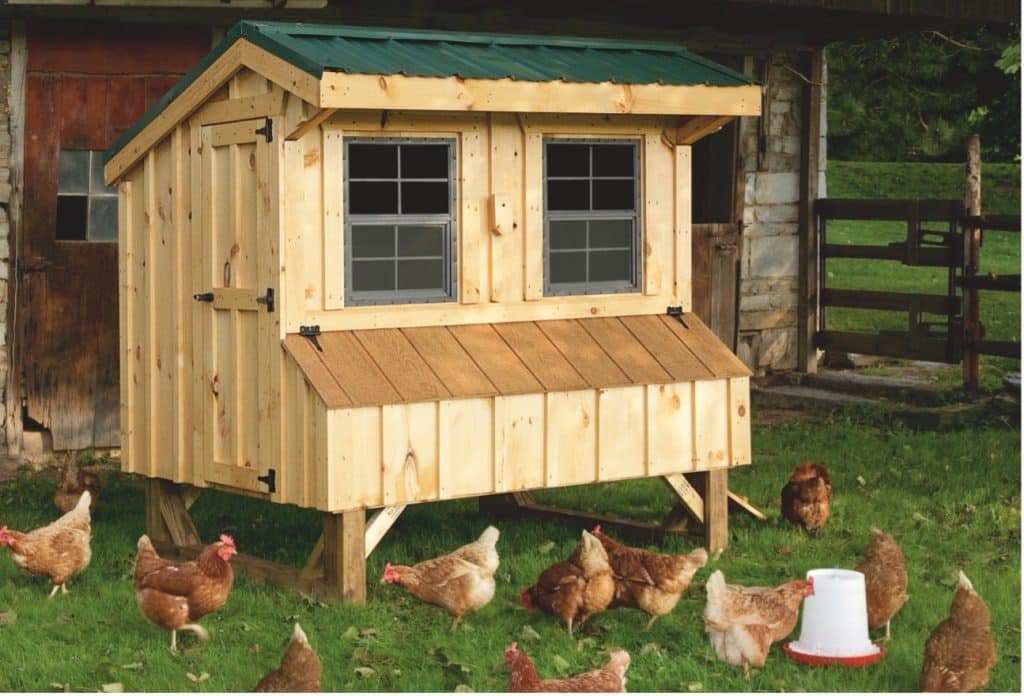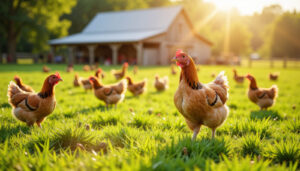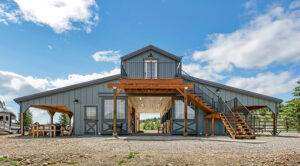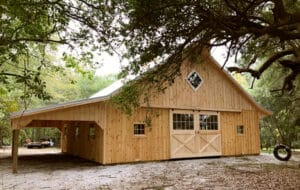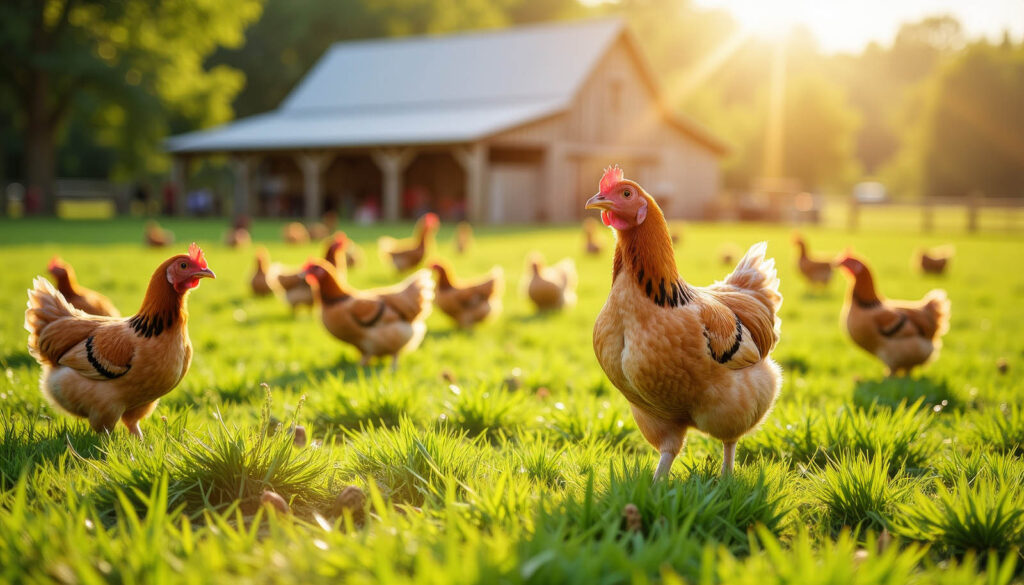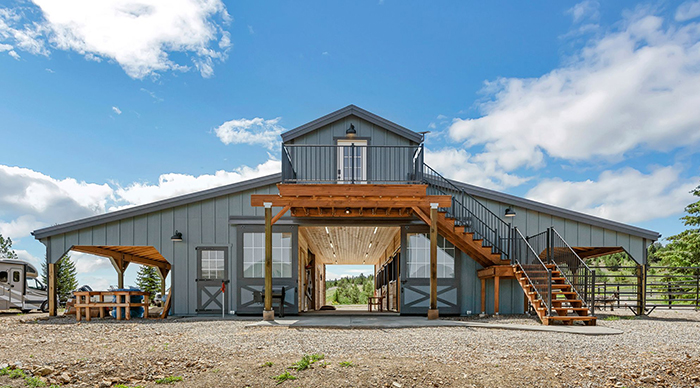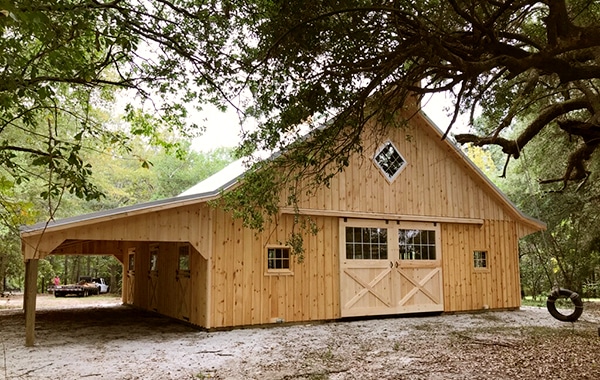When you set about keeping chickens there are many questions as to how best to go about it to ensure it is a successful venture.
The Spring influx of fluffy cute chicks at the local feed store has many of us cooing and contemplating how a fresh egg supply from our own well-nurtured hens would add quality to our lives. Then of course there’s the friend or internet post that filters past us offering a flock of hens for free. Tempting indeed.
Whatever inspires your interest in keeping chickens in your backyard, the first place you probably go to get answers to your chicken questions is our old friend Google. Based on their most popular searches on topic here’s a slightly warped and humorous look at the common questions asked and some answers that may surprise even the more experienced chicken keepers.
1. Are Chicken Coops Loud?
Obviously, the coop itself is a soundless entity but of course certain noises may emanate from the hens housed inside its confines.
Well, I wouldn’t suggest placing the chicken coop under your bedroom window. But your chickens probably won’t break out and party or invite other neighborhood chickens over to hang out, turn up the music and be discovered dancing the night away. But a rooster is a different story.
These lads often follow their own time schedule and cock-a-doodling can happen anytime, most usually though with the advent of Mother Nature’s cacophony of dawn birdsong for harmonizing help.
Aside from the rooster early wake up call, chickens are live critters and they are capable of making sounds. Cluck. Cluck. Chickens can argue with each other but generally are peaceful to be around and entertaining to watch. When distressed by loud noises or unusual activity in their environment they will usually run off and hide versus stand and fight with a perceived adversary.
Beware pulling eggs out from under a nesting bird. This can cause loud commentary from the offended hen, and we can’t really blame her for that (and watch your fingers too). Coops designed with nesting boxes neatly provided with access from outside are a boon for quick egg collection and an additional bonus is you don’t have to step in the chicken poop mire or face down the ire of the broody hen to collect your supply.
2. What Size Chicken Coop Do I Need?
Chickens don’t follow the human foibles of wanting a big house to impress the neighbor. Whether they live in a coop the size of an apartment, a house, a mansion or even an RV style ‘tractor pull’ unit, the flock will likely be perfectly content to have shelter from the winds and wild weather events. But then of course the chicken isn’t usually the one holding a credit card or writing a check. Though hens have been seen sitting on a windowsill and watching TV, in general the shopper is of the human variety. For humans the size and aesthetic quality of the chicken coop that will likely sit in the view from a window of their house is likely to matter. Though it might be more prudent to focus on the actual comfort and design of the coop for daily functionality and cleaning.
If you don’t want your chickens bunked up like college students in a dormitory, and would like to allow them some space to feel the most comfortable with neighbors not of their choosing, the general rule of thumb is to allow 3 square feet of space per chicken inside the coop and 15 square feet of roaming space per chicken outside the coop. Here is an informative article on ‘How To Keep ‘Cluckingham Palace Residents Happily Housed’, for more info.
3. Do Chicken Coops Smell?
French beauty houses have not yet made an eau de parfum, cologne or perhaps better titled eau de toilette based on the olfactory delights of chicken coop aromas. The ‘nose’ of the perfumer would likely be offended by most smells to be found on a farm, and chickens do fit into the profile of farm critters.
That is not to say that chicken coops need to be hotbeds of stinky odors and chicken poop. Unless you live in a cold region of the country and are using the deep litter method of leaving hay, straw, or shavings on the chicken house floor to build up with manure and produce a heat source for the chickens in cold weather, the coop can be kept clean with a regular cleaning.
This is where the matter of ease of access and the type of flooring inside the coop comes to light.
Consider your kitchen floor laid with a smooth seamless smooth surface such as vinyl or tile versus an unsealed wide board rough lumber floor. Some floors are more cleanable than others. Then factor in whether the kitchen is littered with chairs, a table and even permanently fixed objects that must be cleaned around. Nooks and crannies are much harder to clean than open areas.
Nesting boxes that can be accessed from outside make cleaning easier, as do polyurea or other coated floors that are properly seamed under the wall of the henhouse and not seamed at the edge where the wall meets the interior space. The roosting bar or perches can be placed to allow the chickens their preferred elevated spot to sleep without being placed above the nesting boxes so that poop can be scooped up and cleaned easily. If the bar is supported at each end versus at intervals along its length, there is less impediment to cleaning.
The interior height of the chicken coop is also important. A chicken coop that is tiny will require more bending down and effort to clean than one that is tall enough for a human to stand up at full height to wield a broom or fork.
Passive ventilation for the coop will also keep the air healthier for the chickens during all seasons and allow obnoxious odors to escape with air movement throughout the structure 24/7. Gable vents, soffits and windows should all be protected from predator intrusion.
4. Can You Have 2 Chicken Coops?
Just as you can have more than one stable block or horse barn, you can have more than one coop. It all depends on how many horses you need or want to house, and how many chickens you want to keep.
You can have as many chicken coops as you like but the common reasons to have more than one is actually similar to the reason equestrians add more structures to their properties for horse housing:
- They bought more stock after embarking on the initial foray into keeping animals at home and need more housing – after all, isn’t there always a reason for just a few more chickens.
- The purpose of the second structure is for special needs such as quarantine or recovery space for injured or diseased stock – sadly these things happen and having a separate safe zone can be a godsend.
- The enterprise includes breeding more stock so to protect moms and babies from adverse actions of other stock they have their own space – sometimes females without babies can ‘pick’ or ‘peck’ on the mom’s and/or their babies and cause harm to them despite a mother’s best protective actions.
- There isn’t room on the property for one large structure so 2 are needed to house the needs of the numbers of critters owned.
5. Why are Amish Built Coops So Popular?
If you were contemplating giving your child driving lessons, would you use someone that was a bad driver or who had limited experience behind the wheel? Like their sibling, or their best school pal? If you were buying a high-end car, would you buy one designed by a team that were experienced in designing tractors? Probably not. You’d probably seek a source that was renowned and established for producing the best of what you want to buy.
When it comes to buying most things to do with livestock and agricultural needs, the heritage of the Amish is world renowned for quality of craftsmanship and the use of sturdy materials. Artisan timber peg horse barns, log homes, sheds and storage needs aside, the chicken coop is a mainstay item in Amish lifestyle and has been for centuries.
When you combine Amish know how in design for form, fit and function, with modern day materials like LP Smartside siding and specialist floor coverings and utilize their knowledge and carpentry craftsmanship to build the coop, you can rest assured that the result will be stellar.
6. Chicken Coop with a Run?
The sad fact is that chickens are a tasty snack or even plaything for predators and keeping them confined to a covered run can help address safety and security concerns for the flock. Inevitably that chicken will cross the road given the opportunity. Consider the options of free range, fenced yard space or chicken pen as you would letting your kids loose in the garden.
Many of us grew up being told by our parents to go out and play in the garden or take our bike for a ride. I don’t know about you but when Mom thought us kids were bike riding just down to the end of the lane, we were in fact taking great adventures out further than that! When we headed out riding ponies or donkeys (yes, donkeys!) on long summer days and Mom told to stick to the bridlepaths, we were in fact traversing field and stream, riding village to village on busy narrow winding roads. Either playing at being John Wayne atop a steep ravine surveying the territory or trotting our little beasties as fast as possible to the local sweet shop.
Naturally, you can’t always keep your kids in a fenced yard and well protected and away from possible nefarious preying individuals or harm from moving traffic. Even the family dog may climb or jump a fence or dig out from its limited space in the garden given half the chance. Hens on the other hand are somewhat easier to confine.
If you are home and can keep watch over the flock during the day, then free range or a fenced yard may suit you fine. Losing the odd bird or seeing your flower garden rifled may not bother you. But if you want to ensure the flocks protection and safety, both from their own devices and that of predators a chicken run is a great idea.
And of course, you can always let them ‘out to play’ from time to time when you can supervise. Chickens are great entertainment. While they don’t break out a performance like an AGT (America’s Got Talent) contestant their antics and interactions can be fun to watch.
7. Are Chicken Coops Safe?
Well, I’ve never had one jump out and bite me but perhaps that’s not what the asker meant. Is a chicken coop safe for your chickens. I don’t know. Is it? You might ask is a particular car safe to drive or is a horse safe to ride? It will all depend on the car or the horse and in the ability, of you, the person involved in the activity to act and conduct yourself appropriately.
A sturdy and well-built coop, that offers bars or screens on windows, is set off the ground but secure from invasion with a run that is fenced down beneath grade to prevent digging in or chicken Houdini antics is a good start toward safe chicken housing. But it’s not much good if you leave the door open at night either because you forget or because you just can’t get home in time from work. You can address this issue by the way, by adding a secure run to the coop and having automatic door ‘hatches’ from the coop to the secure pen or run area on a timing device. Such devices can even be connected via GPS systems to adjust automatically for the daily minute changes in daylight hours.
Just as you can’t tell whether a car is safe to drive just by looking at it from a distance, an investigation into its road worthiness is required. In the case of the horse, you must watch it ‘go’ or trot up and down to even start the process of whether it is sound for the job, never mind whether it is going to be compliant and obedient to ride. Examine the chicken coop carefully from all aspects.
Is a chicken coop safer than no chicken coop at all? Certainly. If you own a horse and let it free range it may be more likely than a chicken to travel far and wide, so unless you have a zillion acres of open range maybe not a good idea. It will likely get hurt or even stolen. Similarly, if your chicken keeping property is in an urban area, near woodland or in a vicinity where aerial or other predators are common (including free ranging neighborhood dogs), a covered fenced area or covered pen may be needed to keep your chickens as safe as possible.
Remember farming is a 24/7/365 activity. There are no ‘off’ days. Any time off the farm for the farmer requires organizing cover from persons qualified to undertake any animal husbandry chores. While keeping a few chickens doesn’t make you a full-fledged farmer, the responsibilities for any critter can be onerous, especially over time. A bit like getting a puppy for the children. Who walks and cares for the dog now!
8. Do Chicken Coops Need Electricity?
We could all live off the grid right? Well O.K., perhaps many of us would struggle without all the niceties that electricity provides. Chickens don’t have the same life experience from which to judge so like a kid that has never had a TV or screen to look at and doesn’t miss it in their life, you won’t find your chickens whining endlessly about how much they need electricity even if there are other chickens in the area that enjoy heated chicken housing, electric fans in summer.
Chicken keepers on the other hand may enjoy the provision of electricity to the hen house. While heating chicken houses in winter is not necessary for the chickens (indeed many experienced chicken keepers advocate against it), the option of having lights and power for commercial grade fans (safer than residential as motors are sealed from dust and hence fire risk is mitigated), and the power of power is often appreciated.
Electricity can be supplied by many means aside from hard cable. Solar panels, battery hook-ups and other options exist to power the needs of the coop. Do some research. You’ll be surprised at how innovative the methods are for providing power to the coop.
9. A Chicken Coop Versus a Rabbit Hutch
You’ve probably heard the expression, “There is no such thing as a stupid question.” We’ll go with that because surprisingly a rabbit hutch can be converted into a chicken coop. I had to look it up. I’d never thought of it.
A rabbit hutch can be secure as a coop. It is usually off the ground and given it has a dark space for sleeping and enough room for the number of chickens that will reside within it. There should be a distinct lack of rabbits currently shacked up inside as the two species don’t co-habitate well. A bit like you and your mother-in-law.
10. Why Are Chicken Coops Off the Ground?
Would you rather sleep on a Japanese tatami mat (a straw like mattress or carpet) on the floor or off the ground on a mattress on a cot or bed? While space restrictions, communal living spaces, the health of the human back and its alignment, and the idea that cooler temperatures exist at floor level than higher up in humid, hot climates are reasons for the traditional floor sleeping habit in Japan, the chicken enjoy no real benefit of such ideas.
For most Westerners the idea of sleeping on the floor also means too much bending down and trouble getting up, (this is a problem I have encountered with sleeping in a Japanese home). Space is not at such a premium on this side of the planet so aside from the Murphy bed, the bed that folds up into a wall for studio apartment living, most folks appreciate the comfort of a regular bed. Chickens also feel happier sleeping off the floor.
In fact, for chickens there are significant health issues that come with a coop at floor level.
The coop will be more prone to flooding, and water that stands beneath it may cause mold. There will be more pests such as mites, rats, and mice. Plus, there is a higher likelihood of issues with predators digging under the sleeping quarters and entering the coop at ground level. The chickens cannot do what all birds like to do for safety when they sleep, and perch as high up as they are able. This elevation can sometimes provide safety from predators that are not able to climb.
For the human caregiver, cleaning chores, egg collecting and feeding regimens are also easier when the coop is off the ground as less back breaking bending down is required.


